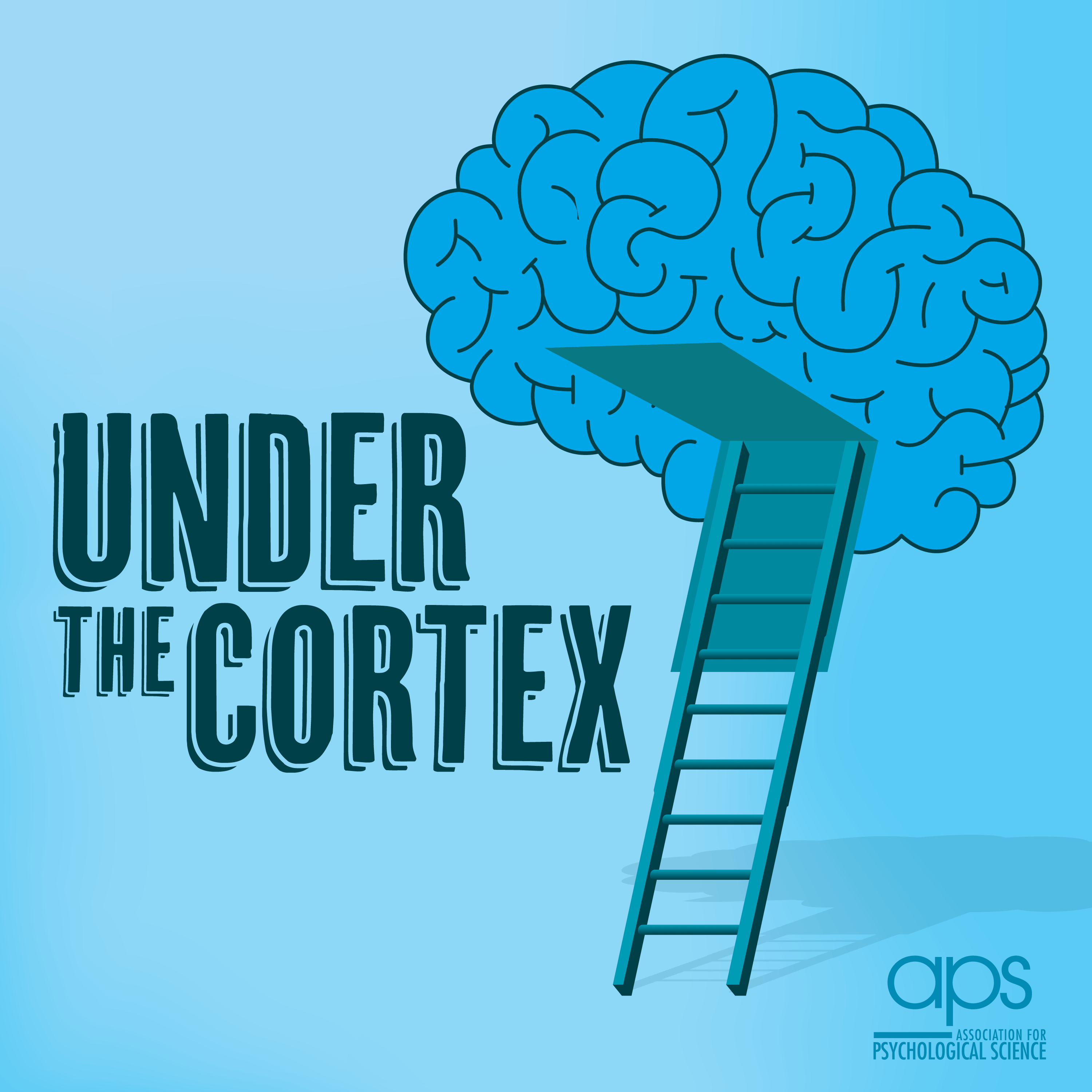The Tale of Two Cities: Water Access Influences Human Decision Making
Description
Does our geographical location shape our thinking? Does water access have an effect on our decision-making habits? Do we choose to live in the moment because of environmental factors?
In this episode, Under the Cortex hosts Dr. Hamid Harati, The University of Queensland, and Thomas Talhelm,University of Chicago. Through their international collaboration, the two scholars explore how our ecological environment can shape our decision-making skills. As they compare two cities in Iran, Yazd and Shiraz, they ask how cultures form based on environmental needs and how water scarcity can be a strong influencer of long-term orientation in basic life decisions. The conversation with APS’s Özge G. Fischer-Baum evolves into implications for climate change and the value of water as a monetary object.
Harati and Talhelm also published on this topic in APS’s flagship journal, Psychological Science. Their article is titled Cultures in Water-Scarce Environments Are More Long-Term Oriented. The authors encourage scholars from across the globe to reach out to further explore these questions in future collaborations.
Also check out Harati and Talhelm’s related feature in the 2023 September/October issue of the APS Observer at https://www.psychologicalscience.org/observer/how-climate-shapes-us.
More Episodes
How does the brain’s memory function change as we grow older? What recent discoveries are helping us understand these changes better?
In this episode of Under the Cortex, Özge Gürcanlı Fischer Baum welcomes Karen Campbell of Brock University to discuss how aging impacts memory. Campbell shares...
Published 11/14/24
Can environmentally friendly actions boost personal well-being? Tune in to discover how a sustainable lifestyle offers profound benefits.
In this episode, APS's Özge Gürcanlı Fischer Baum speaks with Michael Prinzing from Baylor University. Prinzing shares findings from a recent research article...
Published 10/31/24
Published 10/31/24


